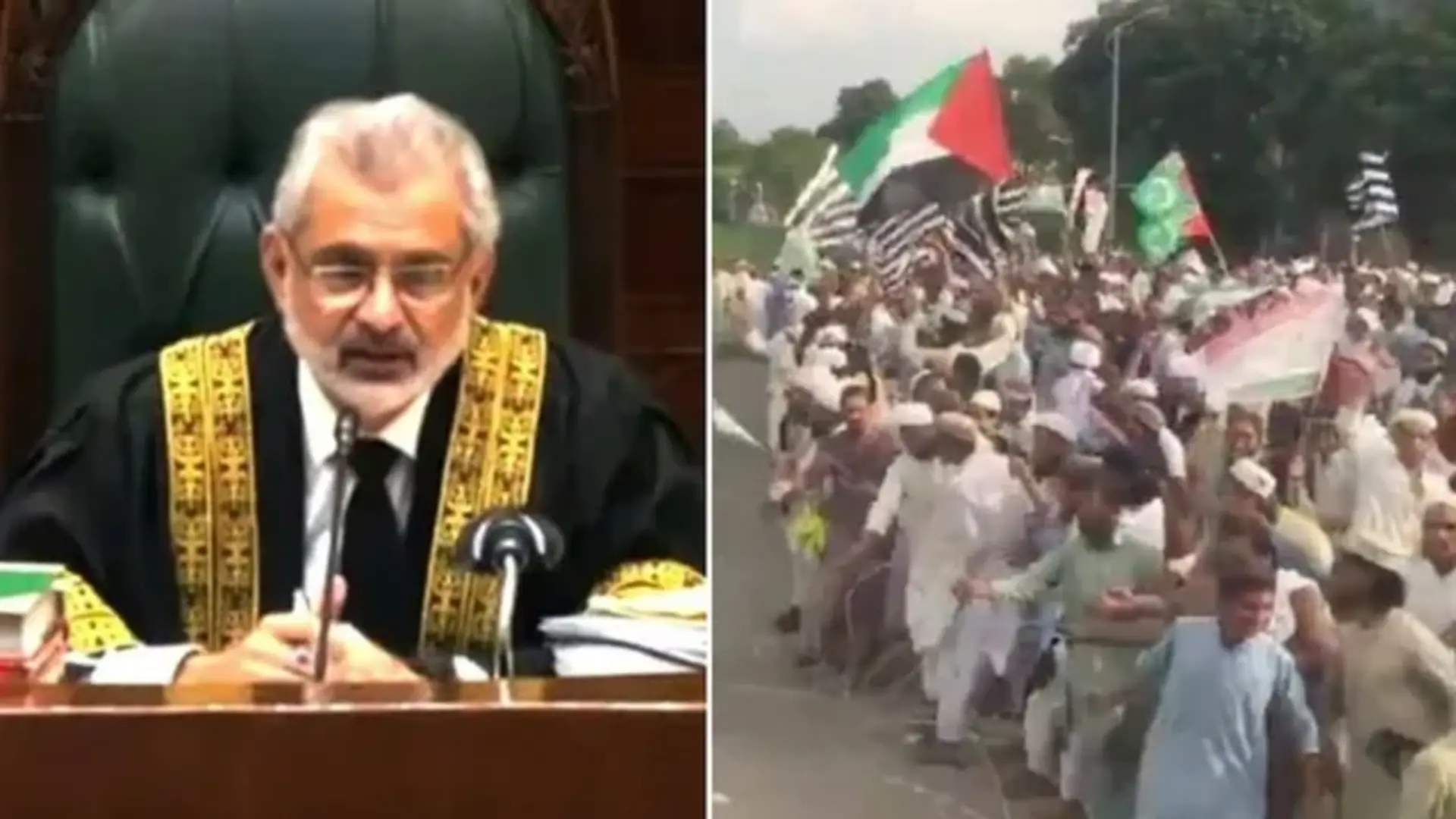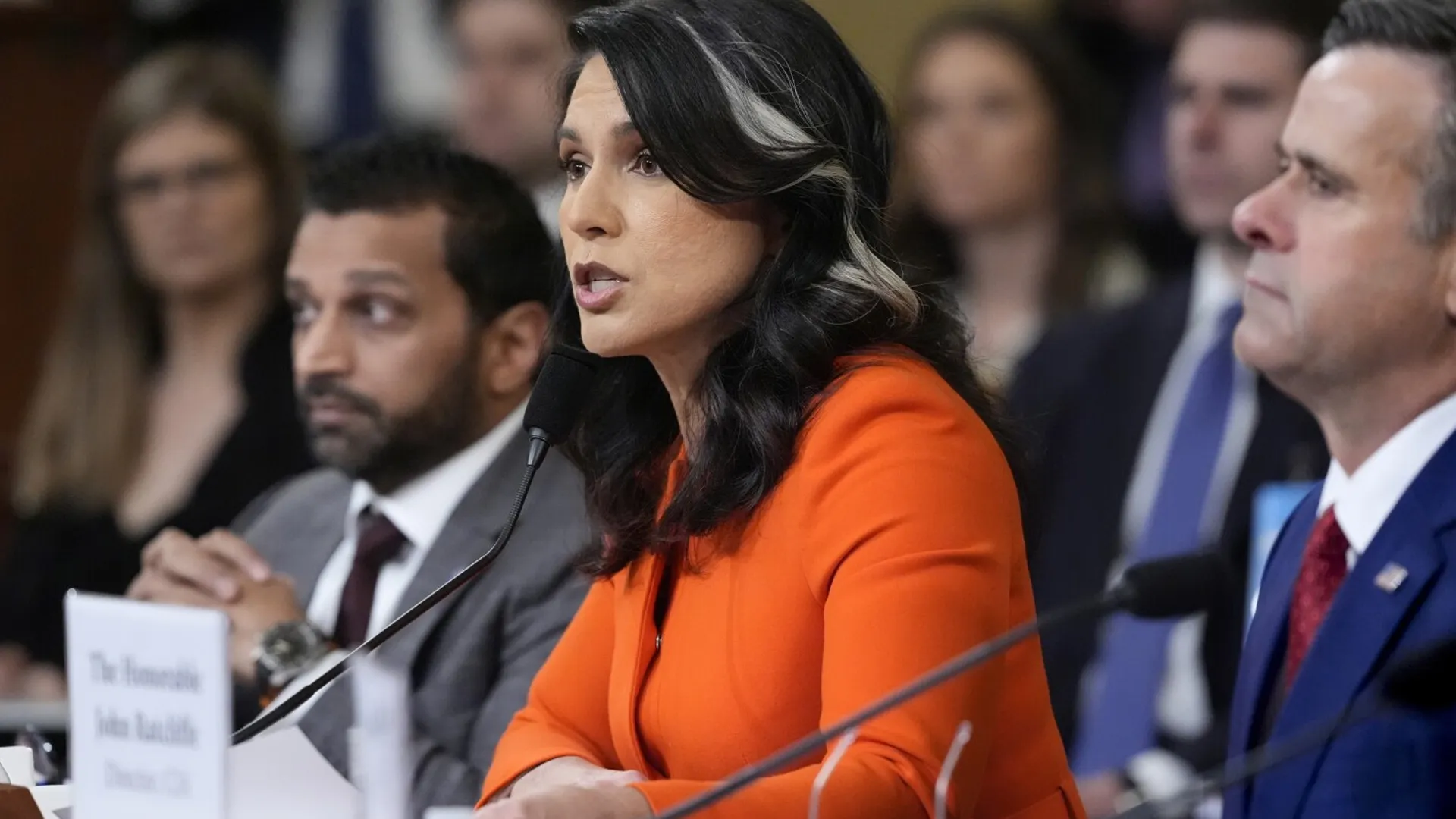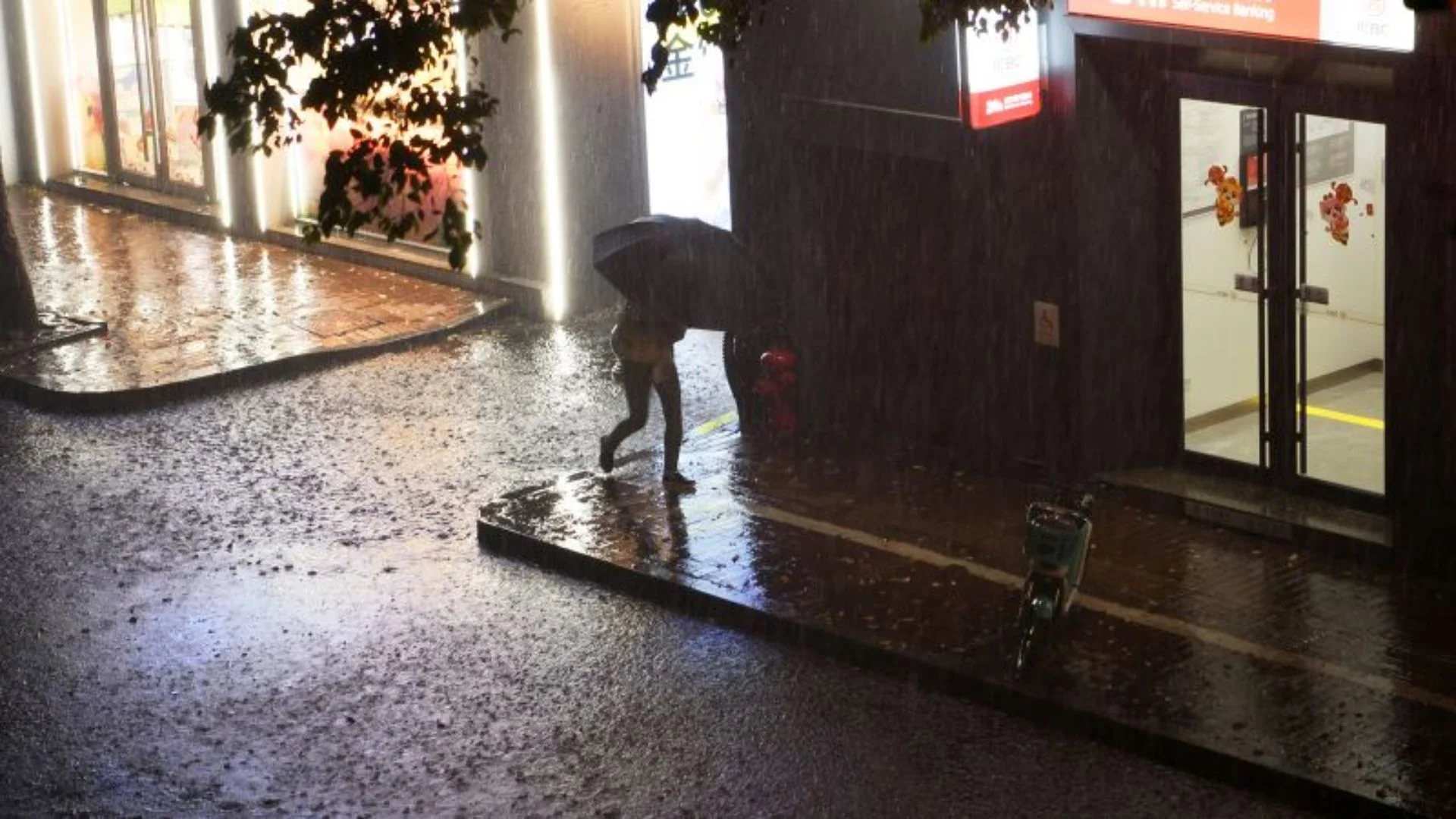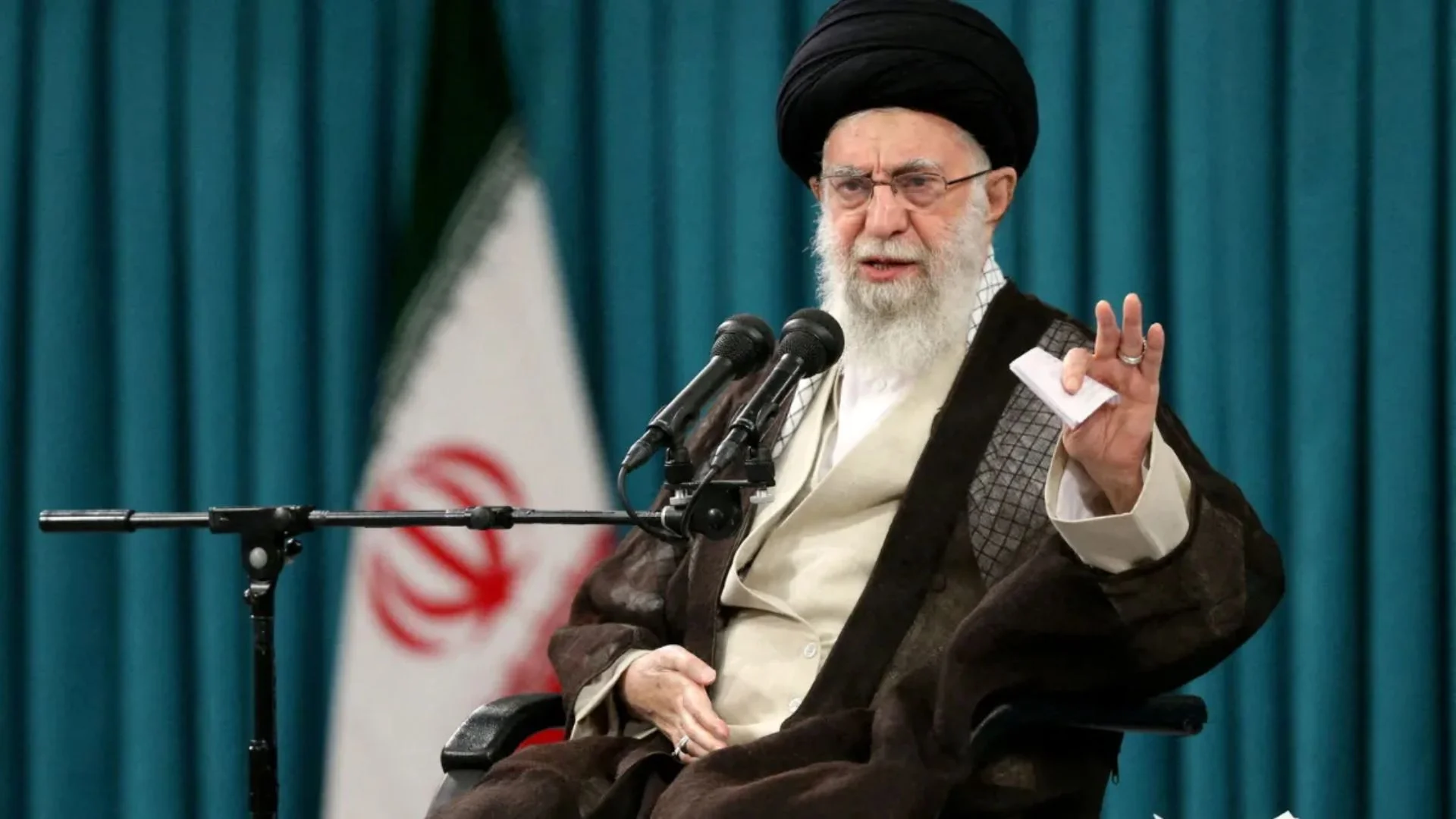Thousands of protesters have taken to the streets in Pakistan, demanding the resignation of Supreme Court Chief Justice Qazi Faez Isa. Since his appointment in November, Isa has faced mounting threats and protests, particularly following his February ruling that led to the release of Mubarak Sani, an Ahmadiyya man arrested for blasphemy for distributing pamphlets about his faith.
Protests intensified after the court accepted a plea from the Punjab government and various Islamist organizations on July 24, seeking to review its February ruling. The court stated that the right to profess religion is subject to law, morality, and public order, with a hearing scheduled for August 22.
Islamist groups, including Tehreek-e-Labbaik Pakistan (TLP), have targeted Chief Justice Isa, accusing him of blasphemy and even placing a bounty of 1 crore Pakistani rupees on his head. TLP leader Pir Zaheerul Hasan Shah announced this reward, claiming Isa had insulted the sentiments of Muslims.
Pakistan’s Supreme Court was attacked by Mobs for saying non-Muslims have the right to practice their religion.
Dear Hindus, if you continue sleeping this is your future. pic.twitter.com/xBL3ylunwL
— Arun Pudur (@arunpudur) October 22, 2024
In February, Justice Isa’s bench granted bail to Mubarak Sani, who was convicted under a law that was not in effect when he committed the alleged offense. This decision sparked a wave of outrage from Islamist factions, leading to violent protests and slogans calling for Sani’s death. The Supreme Court later felt compelled to defend its ruling amid the backlash.
Ahmadiyyas in Pakistan have long faced persecution, having been declared non-Muslims by the state in 1974, with blasphemy laws frequently weaponized against them. The TLP and other radical groups view the Supreme Court’s ruling as a direct affront to their beliefs, further exacerbating tensions.
As the situation unfolds, many observers believe the Supreme Court may reverse its earlier decision due to the pressure from extremist groups, raising concerns about the safety of Mubarak Sani and the broader implications for religious freedom in Pakistan. Blasphemy allegations continue to serve as a catalyst for violence, with non-Muslims frequently targeted amid calls for mob justice and intimidation.





















